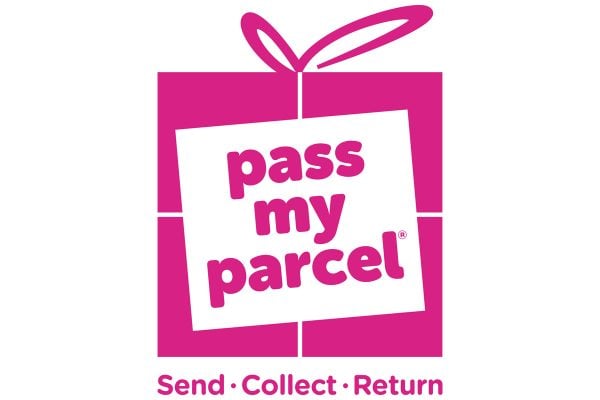Pass My Parcel, the service run by Smiths News, is to close their parcel service. They offered a unique alternative to other carriers with a collection service from local parcel shops around the country with prices for retailers as low as £2.25 ex VAT for a parcel weighing up to 2kg.
This will impact retail customers ranging from Amazon to ASOS, Amazon and French Connection as well as the many smaller online retailers that signed up to their service. It should be noted that much of Pass my Parcel’s business in the early days was as a returns service for national retailers who will now be looking at alternatives.
Sources cite two main reasons for the decision to close the service, after the company previously announced on the 1st of May in their interim results that they would look to re-engineer the Pass My Parcel proposition:
- Reduced confidence in their ability to increase the scale of the Pass My Parcel network and customer base in a way that would deliver a sustainable profit for the Group.
- The need to focus their energies on their core businesses, ensuring they continue to invest to support growth opportunities and rebuild profitability.
At the moment there has been no agreed date for Pass My Parcel to cease trading, but the direction has been confirmed by the Board and Smiths News will now be working towards an orderly wind down of the proposition.
Sadly, but inevitably, this is likely to impact some of the Smiths News employees although numbers affected are unknown. There will also be an impact on the parcel shop network, many of whom we know see significant incremental business from shoppers collecting or dropping off parcels.
This is more an indication of the state of the parcels business as a whole than a reflection on Smiths News. If the UK’s largest newspaper and magazine wholesale distributor can’t tack a parcels business onto an existing distribution network with some 3,500 parcel shops it highlights the difficulties for other operators. Smiths News already have vans delivering to these shops twice a day so the incremental cost to collect returns and deliver sends should by minimal but making a profitable business has been elusive.
The industry needs to look at the wider picture and ask just how much consumers are willing and able to pay for deliveries and where the profits in the industry are going. Are the nations carriers able to charge a high enough price to enable them to scale, or is the business of passing parcels around the country operating on such razor thin margins that only the very largest will survive?








